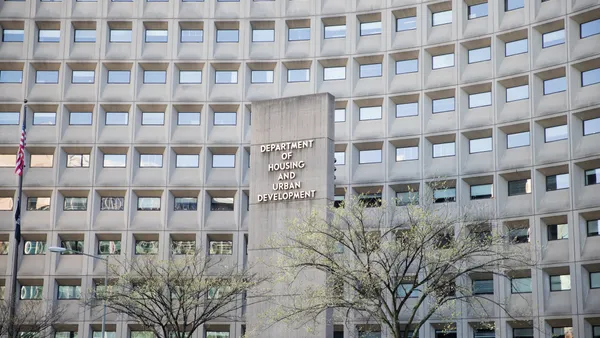Dive Brief:
- The Government Performance Lab (GPL) at the Harvard Kennedy School has chosen six governments as its newest cohort to receive pro bono technical assistance: municipal governments in Boston, Cuyahoga County, OH and Salt Lake County, UT, as well as the state governments in New Hampshire, North Carolina and Washington.
- The jurisdictions will receive full-time GPL technical support to design and implement initiatives to address homelessness, unemployment and child welfare issues.
- GPL team members will help the governments use data to match individuals to the right services, provide real-time responses to performance metrics, establish data-driven collaborations to improve service delivery and provide rigorous program evaluations to identify key outcomes and metrics.
Dive Insight:
The Government Performance Lab conducts research on governments and how they can improve the results they provide the public. It regularly receives grants from and partners with organizations like Bloomberg Philanthropies' What Works Cities.
GPL uses three main project models — "pay for success" (PFS), "results driven contracting" as part of the What Works Cities initiative, and "performance improvement" — but it strongly focuses on PFS, which is a newer approach for governments to contract services for social problems. It ties project payments to the service providers' achievement of measurable results; the service provider gets paid when — and if — it delivers the agreed upon outcomes. For example, a social service provider might promise that a certain number of residents will attend and graduate from a job training program aimed at reducing unemployment.
The PFS approach helps to conserve resources such as time and money and allows governments to achieve measurable outcomes with limited funds. It also reduces the risk on governments attempting to try new programs and instead places it onto the service provider, who does not get paid if the desired outcome is not achieved.
GPL focuses its pro bono work on incorporating data-driven models into government projects to better track results and tweak programs based on findings. Data-centric projects are lauded for often achieving longer-term success with solving social issues. They also sometimes incorporate predictive analytics, which can help governments to transition some of their social programs from reactive to preventative.











